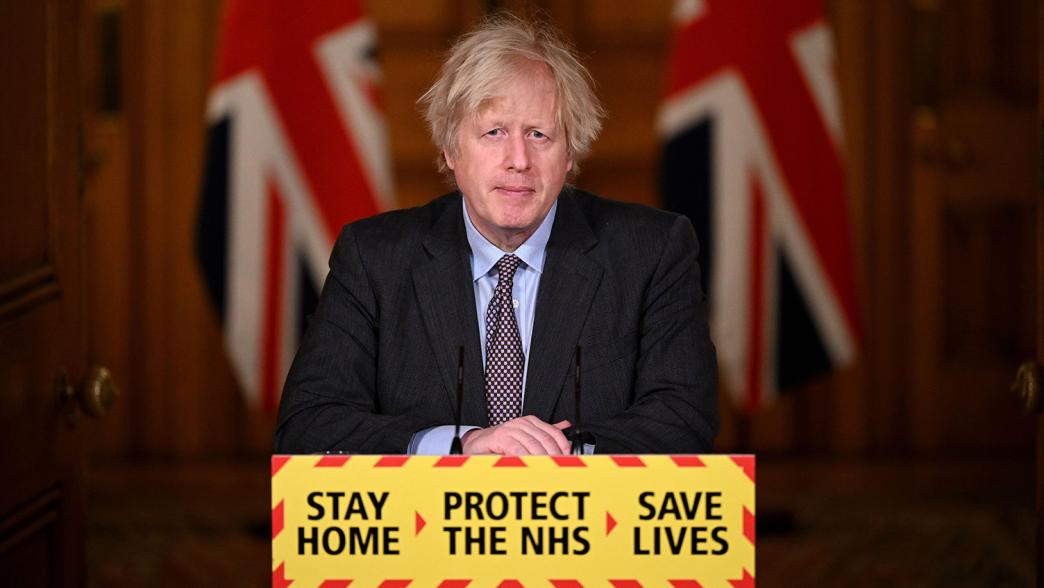Government's Covid-19 decision making hindered by lack of strategy and planning
The IfG's latest report examines decisions made in three areas: economic support, Covid-19 testing, and the lockdown.

The IfG's latest report examines decisions made in three areas: economic support, Covid-19 testing, and the lockdown.

No.10 Downing Street, the Cabinet Office and the Treasury are not institutions capable of meeting the challenges facing the UK in the 2020s and beyond
IfG's annual Whitehall stocktake: Next government must launch most fundamental civil service reform in decades
The Treasury wields too much influence across government and dominates strategic thinking at the centre.
The number of relocated roles is not substantial enough to meaningfully reduce regional inequality.